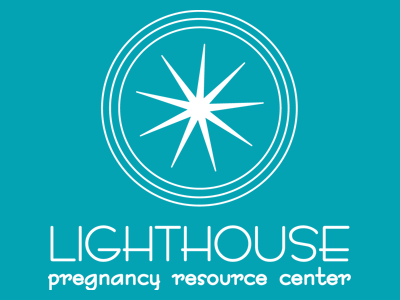
24 Jul When Am I Least Likely to Get Pregnant?
To understand when you’re least likely to get pregnant, you must first learn when you’re most fertile. Determining your least and most fertile days can seem challenging, but a wealth of information can help you.
We’ll discuss what you should know about this aspect of getting pregnant, but if you want more information or are facing an unexpected pregnancy and need help, we’re here for you.
Schedule a no-cost, confidential appointment today.
Understanding the Basics
Getting pregnant depends on ovulation, the process by which an egg is released from an ovary. Without ovulation, you cannot get pregnant because there is no egg for sperm to fertilize.
When an egg is released from an ovary, it remains in the fallopian tube for 12-24 hours. You are most likely to get pregnant when sperm are in the fallopian tubes during ovulation–they can survive for as long as 5 days after sexual intercourse.
When Does Ovulation Occur?
If you have a typical 28-day cycle, ovulation usually occurs about 14 days before your next menstrual period begins. However, every woman’s cycle is different and will impact this timing.
It can be challenging to pinpoint when you’re ovulating, especially if you have irregular cycles. There are several ways to determine ovulation, including:
- Tracking physical signs and symptoms
- Noting changes in cervical mucus: Your cervical mucus may become wet, stretchy, and clear right before ovulation.
- Noting changes in basal body temperature: You can track your basal body temperature (aka your temperature at rest) just before you get out of bed in the morning. You can consistently track this temperature to notice a pattern using a special thermometer. It will rise slightly during ovulation, and you’ll be most fertile 2-3 days before this temperature change.
- Using at-home kits or having an LH-level test done
- You can use an over-the-counter ovulation kit that tests your urine for the hormone increase that occurs before ovulation. Ovulation occurs about 36 hours after a positive test.
- An LH level test may be necessary to learn more about your body. The luteinizing hormone triggers ovulation and other processes in your reproductive system.
When Am I Less Fertile?
You are least likely to get pregnant during menstruation. This is because your uterine lining sheds if an egg hasn’t been released from an ovary and fertilized by sperm. When it sheds, an egg can’t be implanted in the uterus.
It is unlikely, but not impossible, to get pregnant on your period. There are several factors you must consider, including when you have had sexual intercourse and your cycle’s length.
The only way to 100% prevent pregnancy is by abstaining from sexual intercourse. Birth control methods can fail and aren’t completely reliable.
Get Answers to Your Questions
You may be experiencing pregnancy symptoms or want to learn more about making informed choices.
We’ll help you find the answers you need. Make a no-cost, confidential appointment at Lighthouse Pregnancy Resource Center today.

